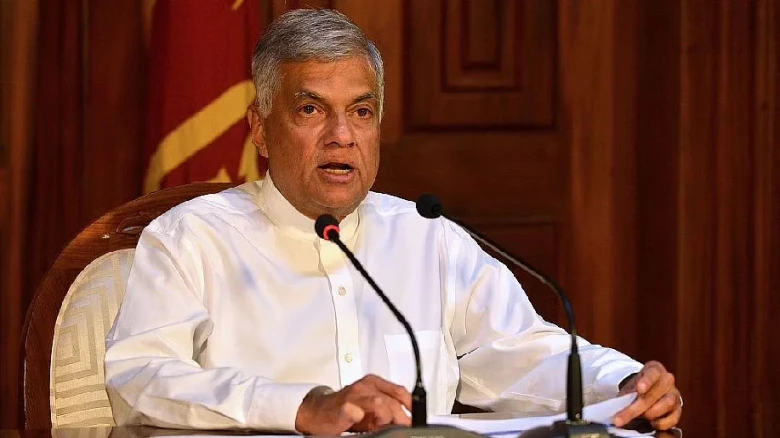North East
World Bank has given fund of $9.3 billion for creating employment opportunities for the youth and women across the world…
Digital Desk: The World Bank has sanctioned

Due to the severe shortages caused by the foreign crisis, people have been forced to wait in long lines to purchase commodities like fuel, cooking supplies and medicines.
Digital Desk: Prime Minister of Sri Lanka stated on Wednesday that its debt-ridden economy collapsed following months of food, fuel, and electricity crises and that now the South Asian island nation cannot buy imported oil.
"We are currently dealing with a much more dire scenario than lack of food, gasoline, gas, and electricity. Our country's economy is in chaos. This is the most important problem we are facing right now," Prime Minister Ranil Wickremesinghe informed the Parliament.
Wickremesinghe is also the finance minister grappling with the collapsing economy, which is under the weight of massive debts, decreased tourism incomes, and other effects of the pandemic, as well as rising commodity prices.
"The Ceylon Petroleum Corporation is currently $700 million in debt. Because of this, no nation or organisation in the world is willing to give us fuel. Even supplying fuel in exchange for money is a turnoff," he said to the legislators.
Further, Wickremesinghe stated that the government didn't take steps to fix it in time, as Sri Lanka's foreign reserves fell.
"We wouldn't be in this difficult situation right now if at least some measures had been made to slow down the economy's downfall in the beginning. However, we missed this chance. We are now witnessing signs of a potential plunge to the bottom," he stated.
Sri Lanka has been limping mainly with the help of $4 billion credit lines from neighbouring India. However, Wickremesinghe said that India would not be able to keep Sri Lanka afloat for very long.
In anticipation of the conclusion of talks with the International Monetary Fund over a rescue package, Sri Lanka has already declared that it will postpone the repayment of $7 billion in foreign debt that is due this year. Until 2026, it must pay an average of $5 billion yearly.
Due to the severe shortages caused by the foreign crisis, people have been forced to wait in long lines to purchase commodities like fuel, cooking supplies and medicines.
Leave A Comment